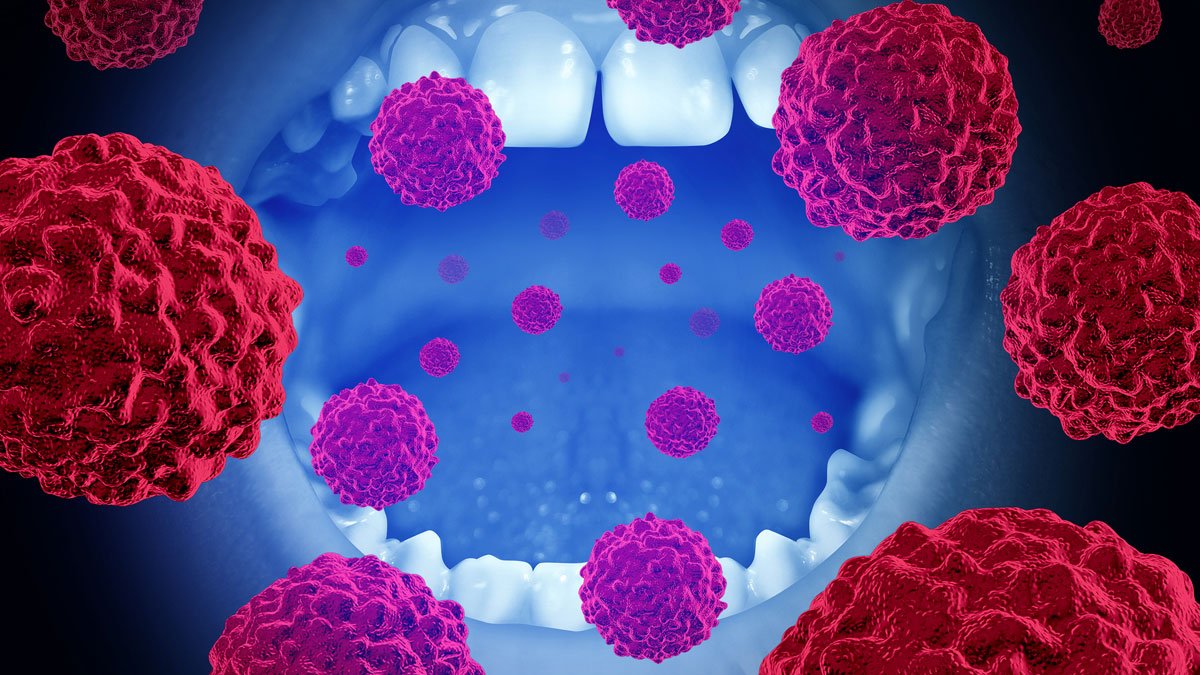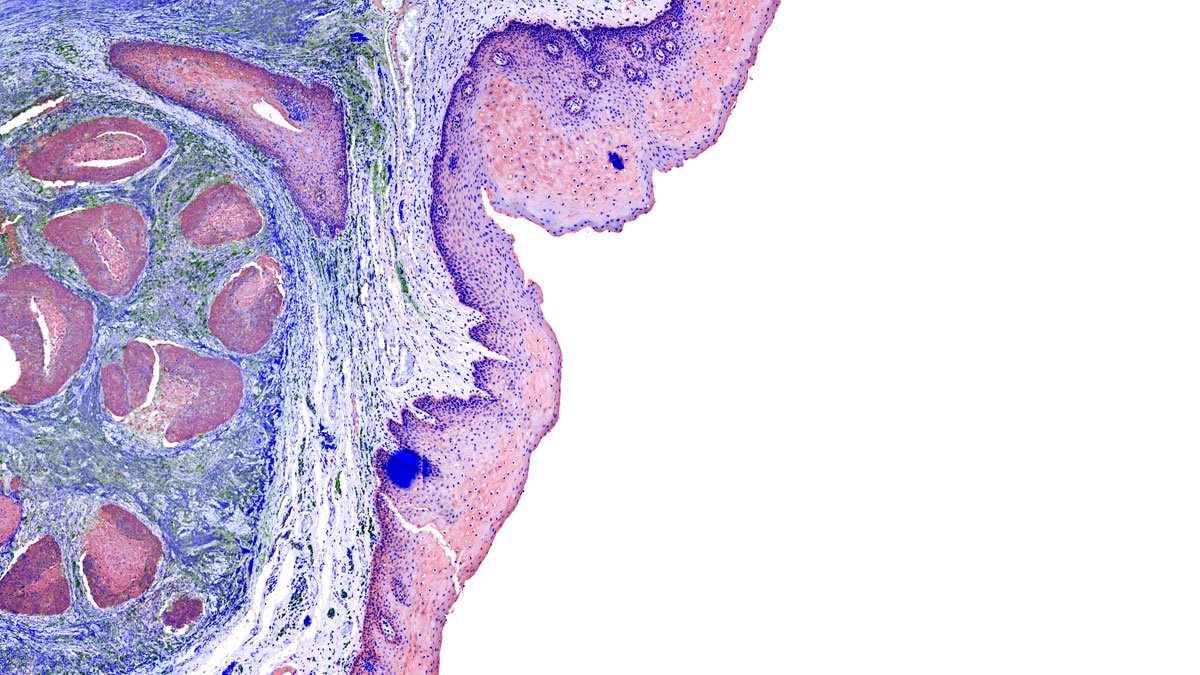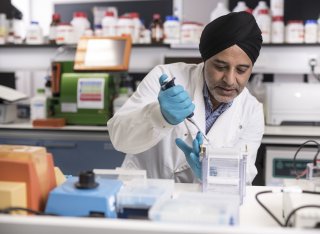
Cancer
The University of Surrey has access to state-of-the-art laboratories and conducts multidisciplinary cutting edge research into targeted cancer therapies and diagnostic biomarkers.
Research in this area
Related research groups

Cancer research network
Bringing together the various research we do across faculties from cancer care and trials, to radiotherapy and ion beam studies.
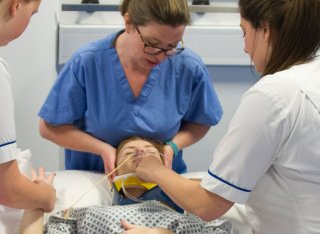
Cancer research cluster
We work with experts from diverse disciplines including technology, science, engineering and psychology alongside NHS professionals, patients and their families.

St Luke's Cancer Centre
Providing high quality care for all patients in a friendly and professional setting.
Researchers

Professor David Bradley
Emeritus Professor
About my research
Areas of specialism: Radiological risks associated with naturally occurring radioactive materials, synchrotron and Raman techniques to characterize biological materials, radiation effects on tissues and simulates, effects of ionizing radiation on cells and extracellular matrix.
Medical and health indications and disease stages: Cancer, cell biology, radiation detection and prevention.
Associated research centres and groups: Department of Physics and biomedical physics groups.
Research funding and collaborators: EU.

Professor Tao Chen
Associate Vice-President, International and Professor in Chemical Engineering
About my research
Areas of specialism: Mathematical modelling of dermal absorption kinetics and bioavailability, modelling response to radiotherapy and modelling food systems.
Medical and health indications and disease stages: Dermatology, topical drug development, cancer, nutrition for diagnosis and treatment.
Associated research centres and groups: Digital Processes Research Centre and Centre for Mathematical and Computational Biology.
Associated colleagues: Eirini Velliou, Guoping Lian, Liang Cui, Michael Short, Susan Lanham-New and Sara Faithfull.
Research funding and collaborators: EPSRC, BBSRC, NC3Rs, RAEng, US Food and Drug Administration, European Crop Protection Association, Cosmetics Europe, Unilever, National Physical Laboratory, Royal Surrey County Hospital, King’s College London and Institute of Process Engineering, Chinese Academy of Sciences.
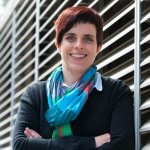
Dr Silvia Pani
Senior Lecturer in Applied Radiation Physics
About my research
Areas of specialism: X-ray mammography and hyperspectral imaging.
Medical and health indications and disease stages: Cancer. Diagnosis and treatment.
Associated research centres and groups: Institute of Cancer Research, Royal Surrey County Hospital, Rutherford Appleton Laboratories and National Physical Laboratory.
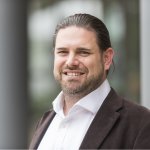
Dr Peter Roth
Senior Lecturer in Applied Organic/Polymer Chemistry and School Postgraduate Research Director
About my research
Areas of specialism: Biodegradable polymers and polymer nanoparticles.
Medical and health indications and disease stages: Drug release and delivery applications, e.g. for cancer therapy and treatment.
Associated research centres and groups: School of Chemistry and Chemical Engineering, Polymer Chemistry research group, Bioprocess and Biochemical Engineering group.
Facilities: Specialised equipment for the characterisation of molecules and polymers includes (400 and 500 MHz) NMR spectrometers and a state-of-the-art chromatographic suite, including a triple-quad LC-MS, size exclusion chromatography, and several GC-MS instruments.
Research funding and collaborators: DCSA and VCSA scholarships.
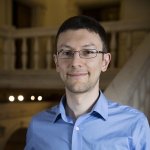
Dr Marco Sacchi
Associate Professor and Royal Society University Research Fellow in Physical and Computational Chemistry, Theme Leader in Sustainable Energy and Materials Research
About my research
Areas of specialism: Modelling of quantum effects in DNA mutations and repair mechanisms, quantum biology CDT with research directly relevant to fundamental understanding of health-related phenomena (DNA mutation, photoactivated DNA repair, dynamics of dehydrogenase).
Medical and health indications and disease stages: Immunology and antimicrobial resistance, computational approaches to DNA mutations with application to cancer research, fundamental understanding of life phenomena, improving treatments (for example prosthetics, implants) by designing and optimising new materials.
Associated research centres and groups: Health and Food research, Leverhulme Centre for Quantum Biology.
Research funding and collaborators: Leverhulme, Tier 1 and Tier 2 national high performance computing (HPC) facilities and to local clusters (Eureka), Neutron and Helium- Scattering experimental groups and facilities (Cambridge, Graz, ILL).

Professor Paul Sellin
Professor of Physics
About my research
Areas of specialism: Radiation detectors and new materials for medical devices.
Medical and health indications and disease stages: Cancer.
Associated research centres and groups: Radiation and Medical Physics Group.
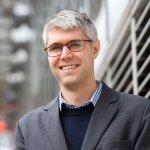
Dr Michael Short
Associate Professor of Process Systems Engineering
About my research
Areas of specialism: Modelling of kinetic pathways in pharmaceutical chemical manufacturing and control, kinetic parameter estimation from spectra, API uncertainties, quality by design, continuous processing for pharmaceutical manufacturing.
Medical and health indications and disease stages: Cancer treatment.
Associated research centres and groups: Digital Processes Research Centre, Biegler Group at Carnegie Mellon University, Eli Lilly Small Molecule Design and Development Laboratory, Department of Nutritional Sciences.
Facilities: Raman Spectrometer, UV-Vis Spectrometer, NIR/IR Spectrometers, continuous manufacturing technologies.
Associated colleagues: Dr Tao Chen, Dr Barbara Fielding.
Research funding and collaborators: BBSRC, China Agricultural University, Nanjing Tech University.
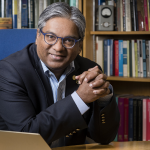
Professor Ravi Silva
Director, Advanced Technology Institute (ATI) Interim Director, Pan University Institute for Sustainability and Head of NanoElectronics Centre
About my research
Areas of specialism: Large area X-ray detectors for portable, flexible imaging, biosensors for autonomous sensing, 'internet of things' and wearables (incl. non-invasive), nano-biotechnology for cancer theranostics, MEAs for EEG, ECG and EMG probing.
Medical and health indications and disease stages: Assisted living, ageing, cancer, dementia, Alzheimer's, well-being and healthcare monitoring. Prevention, diagnosis, treatment or recovery.
Associated research centres and groups: Advanced Technology Institute and NanoElectronics Centre.
Facilities: Microbiology, nano-biotechnology, medical imaging, X-ray, proton beam.
Research funding and collaborators: EPSRC, UKRI, Innovate UK, NHS, NIHR, EU. NIBEC (Ulster), Dalian University of Technology, UCL, RSCH, Edinburgh University, NPL, SilverRay, Cheyney Design.
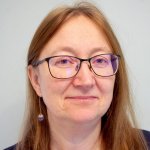
Professor Anne Skeldon
Professor of Mathematics
About my research
Areas of specialism: Mathematical modelling of sleep and pharmaceutical development, tumour growth modelling.
Medical and health indications and disease stages: Sleep, (role of light in), dementia, schizophrenia, cancer. Prevention and diagnosis.
Associated research centres and groups: Centre of Mathematical and Computational Biology, Mathematics of Life and Social Sciences Group, Surrey Sleep Research Centre, School of Psychology.
Research funding and collaborators: EPSRC, MRC, AstraZeneca, GSK.

Professor Stephen Sweeney
Visiting Professor of Physics
About my research
Areas of specialism: Infrared photonic devices for healthcare monitoring and diagnosis
Medical and health indications and disease stages: Non-invasive early testing, e.g. for cancers, digestive disorders, underlying health conditions. Infrared devices for OCT in ophthalmology, skin tumour detection etc. Visible light sources for photodynamic therapy. Scintillator materials for ionising radiation measurement. Diagnosis, treatment and recovery.
Associated research centres and groups: Advanced Technology Institute, Photonics and Quantum Sciences Group, Radiation and Medical Physics Group.

Professor Kevin Wells
Professor of AI in Human and Veterinary Healthcare
About my research
Areas of specialism: Diagnostic imaging, AI and computer vision for healthcare, digital pathology, PET/CT, mammography, non contact sleep monitoring, virtual clinical trials, veterinary imaging and veterinary healthcare, One Health.
Medical and health indications and disease stages: Cancer, dementia, sleep, neuromorphology and gestalt. Prevention, diagnosis, treatment or recovery.
Associated research centres and groups: Surrey Foundation Trust Hospital, NCCPM, Imperial-Surrey Dementia Research Institute, Fitzpatrick Referrals, School of Veterinary Medicine, FROST, National Physical Laboratory, Surrey Sleep Research Centre, vHive.

Research at Surrey
Research here at the University of Surrey seeks to answer global challenges, drive innovation and deliver real-world impact. We are working in various areas of research including lifelong health, sustainability and artificial intelligence.

